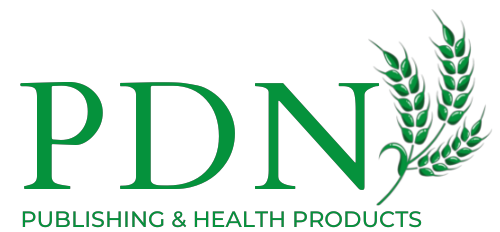Details
|
G63
|
G60 | GFX | |
|
Pharmaceutical level dose |
1500 mg/day | 360 mg/day | 18 mg/day |
|
Average scientifically supported dose |
1000 mg/day | 240 mg/day | 12 mg/day |
|
Minimum scientifically supported dose |
500 mg/day | 120 mg/day | 6 mg/day |
Suggested Use:2 tablets, 3 times daily before meals with a glass of water.
Other Ingredients:
Microcrystalline cellulose, maltodextrin, calcium stearate, silicon dioxide colloidal, monocalcium phosphate, and gum arabic. No lactose, no gluten, no talc, no wheat, no soybeans, no dairy, no egg, no fish/shellfish, no peanuts/tree nuts.
Storage & Shelf-Life:
Recommended expiration dates are stamped on the product packaging. PollenAid™ has been researched to have a three year recommend shelf-life. Exposure to moisture may cause discoloration of the pollen extract but does not affect product potency.
Backed by over forty years of clinical research for safety and efficacy, flower pollen extract has been shown to reduce the size and congestion of prostate cells (benign prostatic hypertrophy), improve urinary flow rate and clearance, as well as prohibit the production of DHT (dihydrotestosterone). DHT is a primary contributing factor in male pattern baldness.
Graminex Flower Pollen Extracts G63 are natural and organic cellular food supplements. G63 is made up of two portions (a water-soluble portion and an oil—or lipid-soluble portion).
Two fractions are isolated in the extraction:
G60: The water-soluble portion is called G60 and is standardized according to specific levels of amino acids to contain not less than 6% of these vital nutrients.
GFX: The lipid-soluble portion is called GFX Flower Pollen (in powder form) and NAX (in paste form). The lipid portion is standardized according to specific phytosterols to contain not less 7% of these vital nutrients.
Beyond the standardized nutrients, Flower Pollen Extracts boast high levels of antioxidants according to the oxygen radical absorption capacity (ORAC) test, as well as enzymes, minerals, and other vitamins. Antioxidant use is supported by clinical studies as an indicated treatment in the fight against free radicals, which have been shown to create cellular destruction
* The statements contained on these pages have not been evaluated by the Food and Drug Administration. This product is not intended to diagnose, treat, cure, or prevent any disease.
- Horii A, Iwai S, Maekawa M, Tsujita M. Clinical evaluation of cernilton in the treatment of the benign prostatic hypertrophy. Hinyokika Kiyo. 1985 Apr;31(4):739-46.
- Ueda K, Jinno H, Tsujimura S. Clinical evaluation of Cernilton on benign prostatic hyperplasia. Hinyokika Kiyo. 1985 Jan;31(1):187-91.
- Hayashi J, Mitsui H, Yamakawa G, et al. Clinical evaluation of Cernilton in benign prostatic hypertrophy. Hinyokika Kiyo. 1986 Jan;32(1):135-41.
- Jodai A, Maruta N, Shimomae E, Sakuragi T, Shindo K, Saito Y. A long-term therapeutic experience with Cernilton in chronic prostatitis. Hinyokika Kiyo. 1988 Mar;34(3):561-8.
- Maekawa M, Kishimoto T, Yasumoto R, et al. Clinical evaluation of Cernilton on benign prostatic hypertrophy—a multiple center double-blind study with Paraprost. Hinyokika Kiyo. 1990 Apr;36(4):495-516.
- Yasumoto R, Kawanishi H, Tsujino T, et al. Clinical evaluation of long-term treatment using cernitin pollen extract in patients with benign prostatic hyperplasia. Clin Ther. 1995 Jan-Feb;17(1):82-7.
- Buck AC, Rees RW, Ebeling L. Treatment of chronic prostatitis and prostatodynia with pollen extract. Br J Urol. 1989 Oct;66(4):398-9.
- MacDonald R, Ishani A, Rutks I, Wilt TJ. A systematic review of Cernilton for the treatment of benign prostatic hyperplasia. BJU Int. 2000 May;85(7):836-41.
- Buck AC, Rees RW, Ebeling L. Treatment of outflow tract obstruction due to benign prostatic hyperplasia with the pollen extract, cernilton: a double-blind, placebo-controlled study. Br J Urol. 1990 Nov;64(5):496-404.
- Rugendorff EW, Weidner W, Ebeling L, Buck AC. Results of treatment with pollen extract (Cernilton N) in chronic prostatitis and prostatodynia. Br J Urol. 1993 Apr;71(4):433-8.
- Loschen G, Ebeling L. Inhibition of arachidonic acid cascade by extract of rye pollen. Arzneimittelforschung. 1991 Feb;41(2):162-7.
